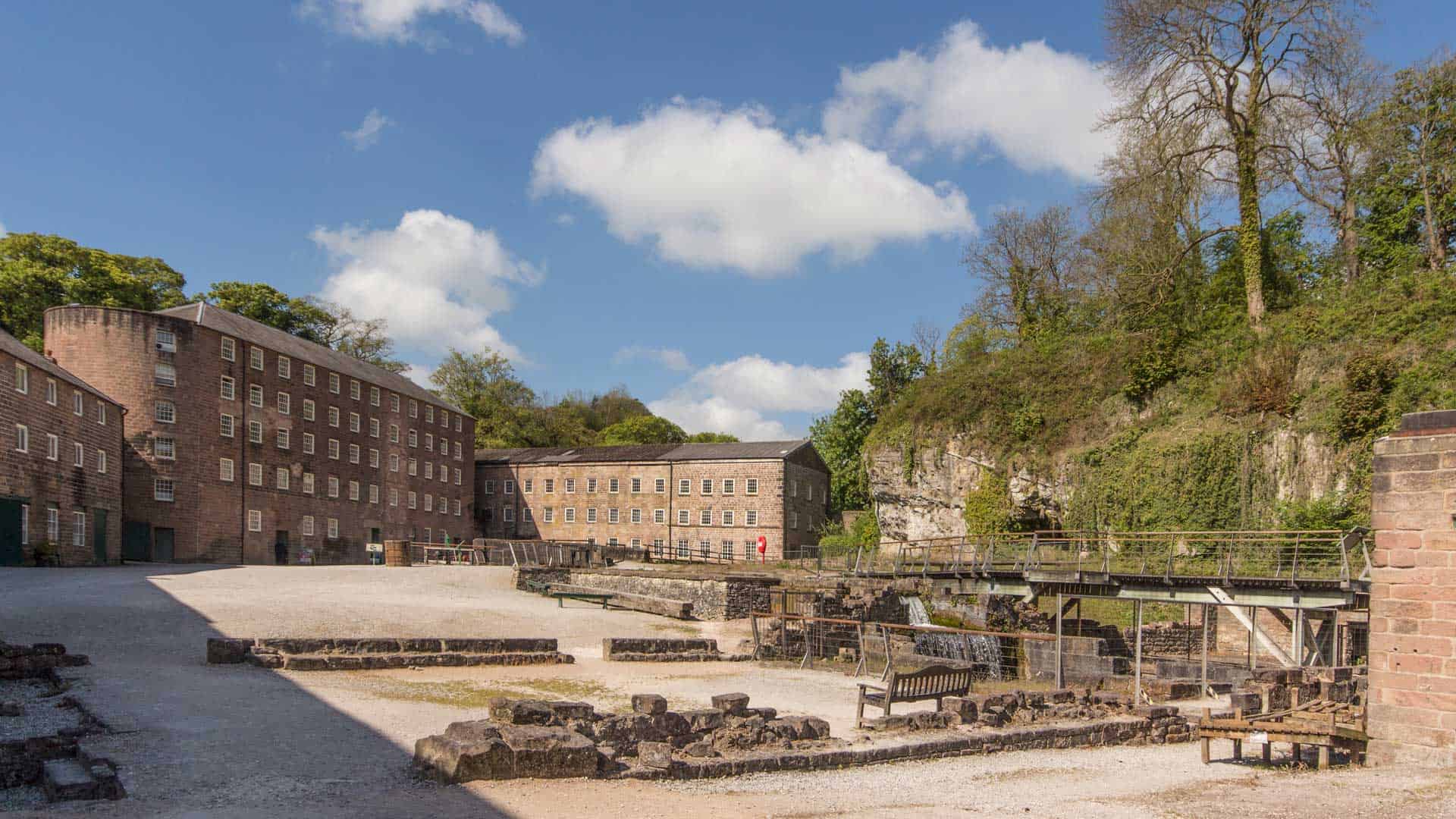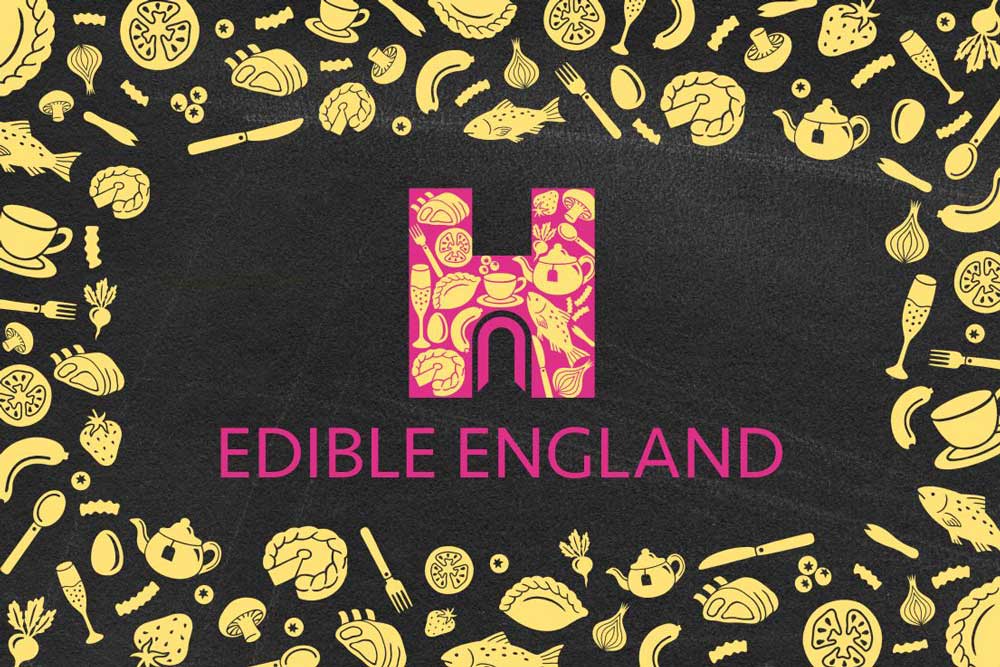Heritage Open Days 2021

Date
Location
Search Awareness Days
What is Heritage Open Days?
Heritage Open Days is an annual event in England taking place over ten days in September that celebrates the country’s history, culture and architecture. This year the event will take place between Friday-Sunday, 10-19 September 2021.
Coordinated by the National Trust with support from the People’s Postcode Lottery it describes itself as a “national local festival” and is the largest celebration of England’s history and culture during the year.
It’s a chance to explore hidden places and new experiences right on your doorstep. Over 2,000 organisations take part with over 5,500 events and 46,000 volunteers – and all venues are free.

Starting in 1994 Heritage Open Days is England’s contribution to European Heritage Days.
Each year has a theme. The 2021 theme is Edible England. As the organisers say themselves:
We want Edible England to encompass the broadest possible spectrum of events and stories, from revealing culinary tastes of the past to going behind-the-scenes of modern production methods – and everything in-between! The theme will also explore the customs and quirks that have developed around what we eat and drink, as well as the fascinating history of some of our regional and national specialties.
Heritage Open Days

Recent themes were:
- 2020: Hidden Nature
- 2019: People Power
- 2018: Extraordinary Women
With 701 events in its first year the Festival has grown remarkably to the extent that in 2019, under the theme of “People Power” and marking its 25th year, had over 5,794 events taking place with 2,150 organisers, 53,000 volunteers, 2.4 million visitors, and £20 million added to local economies. It received national media coverage in BBC Arts, This Morning, The Guardian, Evening Standard and Time Out.
Furthermore, in 2019:
- 91% of visitors feel increased pride in their local area
- 84% of visitors feel that HODs events help bring different people together
- 24% had not visited a heritage site in the last 12 months
- 86% feel inspired to visit other heritage sites in future
- 86% of volunteers are more likely to volunteer with other heritage sites/organisations
Understandably, the 2020 event was a lower key affair but nonetheless 769 local organisers took part to put on 1,788 events.
Advice is given on how to participate and promote the event with downloadable materials and case studies. Participating venues are encouraged to sign up.
Readers may also be interested in similar events across the realm: Open House Festival in London, Open Doors Wales, Doors Open Scotland (note the difference), and European Heritage Open Days Northern Ireland – all taking place in September.
What is Heritage?
Not every building can call itself a heritage building. So, what does heritage actually mean? Well, here are a few definitions:
Historic England has defined heritage as “All inherited resources which people value for reasons beyond mere utility”.
The International Cultural Tourism Charter has defined it as:
“… a broad concept and includes the natural as well as the cultural environment. It encompasses landscapes, historic places, sites and built environments, as well as bio-diversity, collections, past and continuing cultural practices, knowledge and living experiences. It records and expresses the long processes of historic development, forming the essence of diverse national, regional, indigenous and local identities and is an integral part of modern life. It is a social dynamic reference point and positive instrument for growth and change. The particular heritage and collective memory of each locality or community is irreplaceable and an important foundation for development, both now and into the future.”
Historic England also explains other categories of heritage:
- Heritage asset: A building, monument, site, place, area or landscape identified as having a degree of significance meriting consideration in planning decisions, because of its heritage interest. Heritage asset includes designated heritage assets and assets identified by the local planning authority (including local listing)”
- Heritage coast: A non-statutory designation agreed between Natural England and the relevant maritime local authority to:
- Conserve, protect and enhance the natural beauty of the coastline, their marine flora and fauna, and their heritage features
- Encourage the public’s enjoyment, understanding and appreciation
- Maintain and improve the health of inshore waters affecting heritage coasts and their beaches through appropriate environmental management measures
- Take account of the needs of agriculture, forestry and fishing, and of the economic and social needs of the small communities on these coasts
- Heritage gateway: A collaborative project between Historic England, Association of Local Government Archaeologists (ALGAO) and Institute of Historic Buildings (IHBC) to create a single online gateway to England’s local and national historic environment records
- Heritage value: An aspect of the worth or importance attached by people to qualities of places, categorised as aesthetic, evidential, communal or historical value.
If you enjoy listening to podcasts the National Trust produced this session on The Heritage Question:
Heritage Day Participation
Participation and awareness are two key aims of the event and it seems to be a resounding success. In 2019:
- 96% of visitors enjoyed their experience
- 41% visited the festival for the first time
- 24% had not visited a heritage site in past year
- 78% feel now that heritage and/or cultural sites are for people like them
- 69% go on to visit heritage sites more often
- 96% of volunteers fully enjoyed their experience
As a result of their Heritage Open Days experience:
- 86% of visitors feel inspired to visit other heritage sites in the future
- 97% plan to visit a HODs event next year
- 86% of volunteers are more likely to volunteer with other heritage sites/organisations
What Venues Take Part in Heritage Open Day?
A huge variety of venues take part be they a country house, colliery, museum, mill, garden or country park, air museum, moor or more. Events can be re-enactments, film screenings, treasure hunts, access to closed or hidden places, talks from specialists, walking, cycling or kayaking tours, street festivals or food and drink tasting sessions.
Venues include:
North of England:
- Castle Howard Grounds and Mausoleum, North Yorkshire
- Wentworh House, Rotherham
- The King’s Manor, York
- Pontefract Castle in Pontefract, West Yorkshire
- Derwent Water
East Anglia:
- Lancaster Road Fire Station, Leicester
- Anglesey Abbey, Cambridgeshire
- Lowestoft ‘Living’ Library, Lowestoft
- Welwyn Roman Baths, Welwyn, Hertfordshire
- The Manuscripts and Rare Books of the Parker Library, Cambridge
South East and South West England:
- Bombay Sapphire Distillery, Hampshire
- Museum of Sex Objects (!), London
- Abbotts Barton Farmhouse, Winchester
- The Vale of Avalon / Arthurian Centre, Camelford, Cornwall
- Society of Genealogists, Islington, London
East Midlands:
- Longshaw
- Burbage
- Eastern Moors
West Midlands:
- Dudley Zoological Gardens
- Discover Dob Croft, The Intact Centre, Lancashire
- New Vic Theatre, Newcastle-Under-Lyme
What Are the Criteria for Taking Part in Heritage Days?
There are four criteria:
- Entrance to the main attraction must be free
- You need to offer something special, for example:
- Open a site or part of a site that isn’t usually open to the public
- Offer free entry to a usually charging site/activity
- If your site is open free of charge all year round – then something out of the ordinary!
- Provide some form of information like guided tours, talks, info flyers, quizzes, exhibitions or demonstrations
- Take place within the festival dates
